The luxury of conservation.
At Club Beluga, we are committed to promoting sustainable luxury that harmonizes with the natural world.
Join us in our journey to celebrate opulence with a conscience, and together, we can be stewards of the Earth’s beauty and biodiversity.
Cultural Heritage.
Horses have been our loyal companions for millennia, playing pivotal roles in our history and culture. From battles to exploration, from agriculture to sports, horses have been an integral part of human life.
Biodiversity.
Every species is a thread in the tapestry of Earth’s biodiversity. The extinction of horses would create a ripple effect, disrupting ecosystems and affecting other species.
Economic Impact.
The equine industry contributes significantly to the global economy. The loss of horses would not only impact livelihoods but also affect various sectors including agriculture, tourism, and sports. As luxury connoisseurs, we have a unique role to play in preserving our planet’s precious treasures. By embracing sustainable practices, we can ensure that future generations continue to experience the beauty and grace of horses.
Responsible Sourcing.
Opt for luxury items that source materials sustainably. Ensure that products derived from horses, such as leather and wool, come from ethical and regulated sources.
Eco-Friendly Transportation.
Consider eco-friendly alternatives to traditional horse-drawn carriages and luxury horseback tours.
Electric vehicles and conservation-centered experiences can offer the same level of indulgence with a reduced ecological footprint.
Support Conservation Efforts.
Many organizations work tirelessly to protect horses and their habitats. By contributing to these causes, you can make a meaningful impact in preserving these magnificent animals.
A Shared Responsibility.
Preserving horses from extinction is not just a task for conservationists; it’s a shared responsibility for all of us.
As lovers of luxury, we can redefine opulence to include ethical and sustainable practices.
Let’s ensure that the legacy of these magnificent creatures continues to inspire us for generations to come.
The luxury of conservation.
At Club Beluga, we are committed to promoting sustainable luxury that harmonizes with the natural world.
Join us in our journey to celebrate opulence with a conscience, and together, we can be stewards of the Earth’s beauty and biodiversity.
Cultural Heritage.
Horses have been our loyal companions for millennia, playing pivotal roles in our history and culture. From battles to exploration, from agriculture to sports, horses have been an integral part of human life.
Biodiversity.
Every species is a thread in the tapestry of Earth’s biodiversity. The extinction of horses would create a ripple effect, disrupting ecosystems and affecting other species.
Economic Impact.
The equine industry contributes significantly to the global economy. The loss of horses would not only impact livelihoods but also affect various sectors including agriculture, tourism, and sports. As luxury connoisseurs, we have a unique role to play in preserving our planet’s precious treasures. By embracing sustainable practices, we can ensure that future generations continue to experience the beauty and grace of horses.
Responsible Sourcing.
Opt for luxury items that source materials sustainably. Ensure that products derived from horses, such as leather and wool, come from ethical and regulated sources.
Eco-Friendly Transportation.
Consider eco-friendly alternatives to traditional horse-drawn carriages and luxury horseback tours.
Electric vehicles and conservation-centered experiences can offer the same level of indulgence with a reduced ecological footprint.
Support Conservation Efforts.
Many organizations work tirelessly to protect horses and their habitats. By contributing to these causes, you can make a meaningful impact in preserving these magnificent animals.
A Shared Responsibility.
Preserving horses from extinction is not just a task for conservationists; it’s a shared responsibility for all of us.
As lovers of luxury, we can redefine opulence to include ethical and sustainable practices.
Let’s ensure that the legacy of these magnificent creatures continues to inspire us for generations to come.
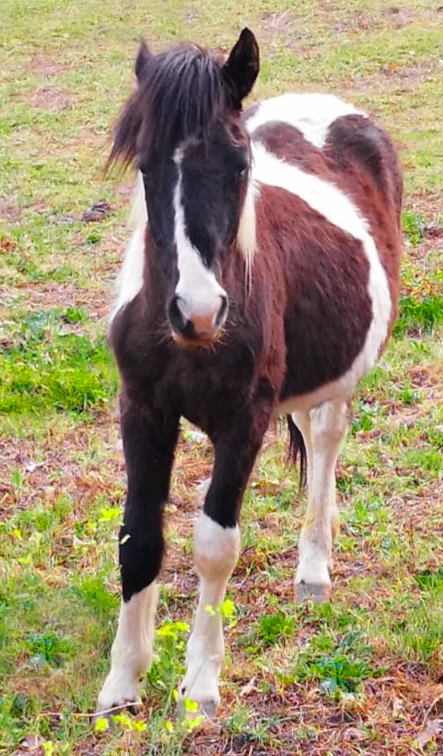
Project Pottokas.
Preserving Pottokas in an endangered world.
Horses, revered for their elegance, strength, and companionship, are facing an alarming decline in their populations. A species that has accompanied humans throughout history is now at risk of fading into the annals of extinction due to various environmental and human-induced factors. As luxury enthusiasts, we must ask ourselves: Can we truly embrace luxury while turning a blind eye to the plight of these majestic animals? The Pottoka endangered, semi-feral breed of pony native to the Pyrenees of the Basque Country in France and Spain. It is considered an ancient breed of horse, particularly well adapted to the harsh mountain areas it traditionally inhabits. Once common, it is endangered through habitat loss, mechanization, and crossbreeding but efforts are increasingly made to safeguard the future of this breed. It is considered iconic by the Basque people.
Inside the breeds endangered of extinction
Found in the Pyrenees mountains of the Basque Country, the Pottoka is an ancient breed of semi-feral ponies that are well suited to living in the harsh conditions of their natural habitat. Its native range extends from the Biscayan Encartaciones in the west to the Saint-Jean-le-Vieux area in the east. A significant decline in their historic population was highlighted in 1970 when a study found 3,500 purebreds to the north and 2,000 purebred Pottoks to the south of the Pyrenees.

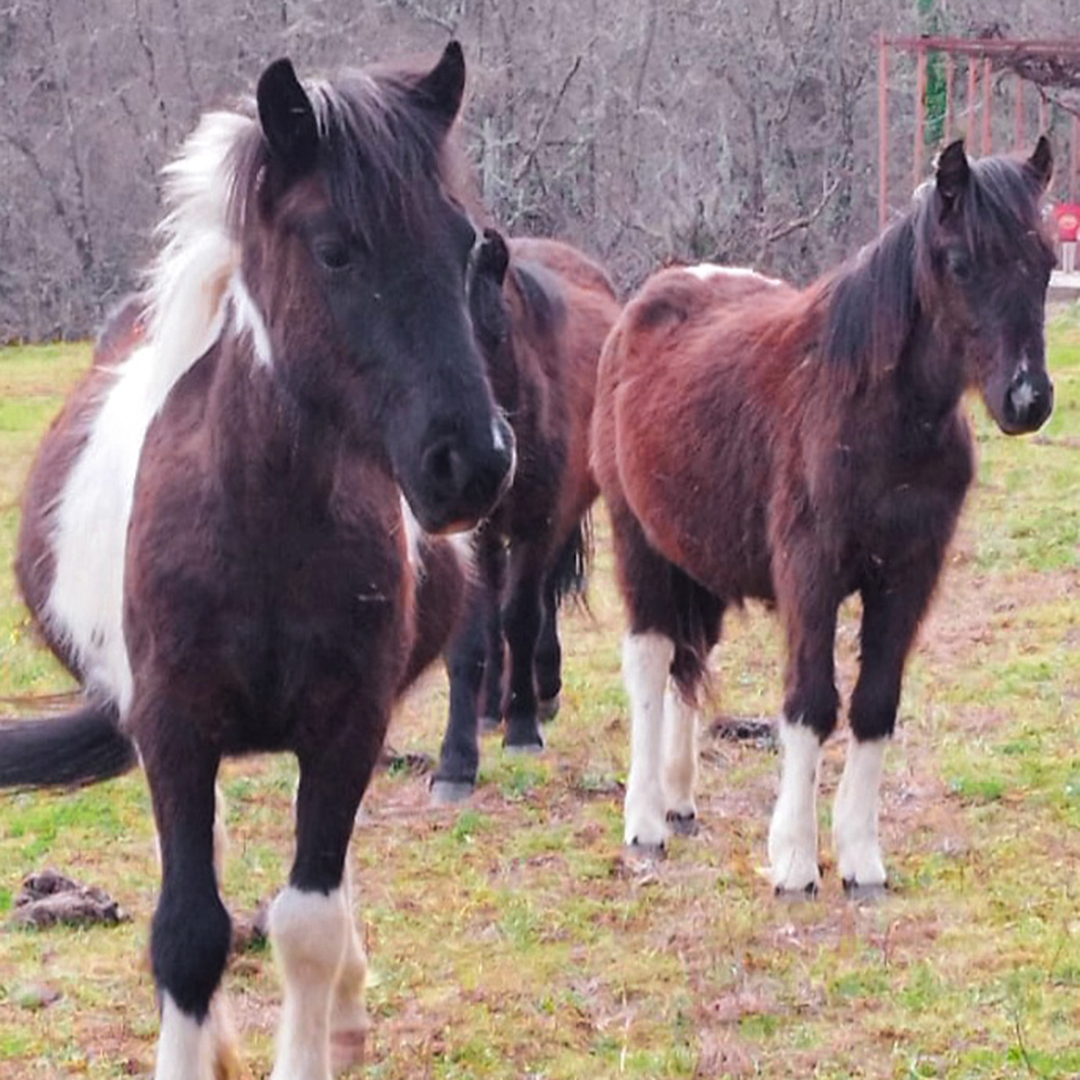
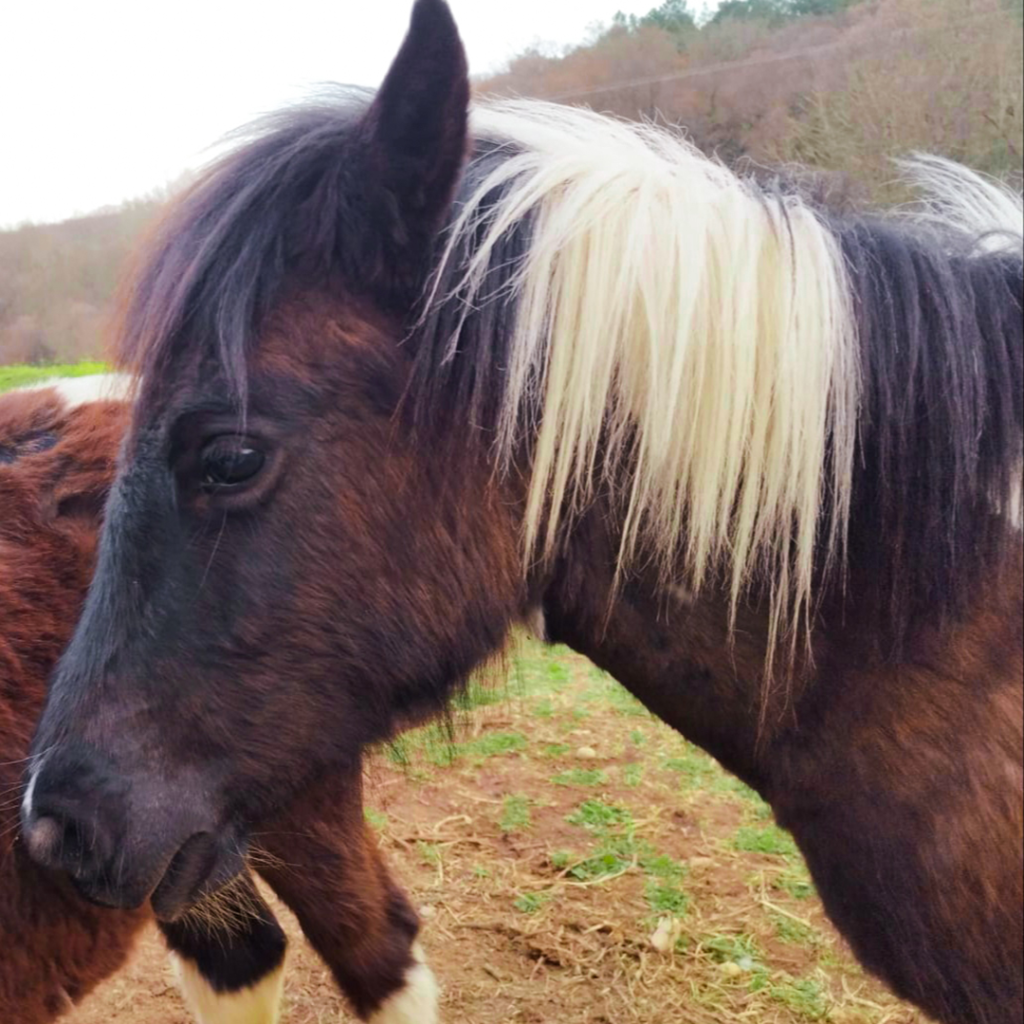
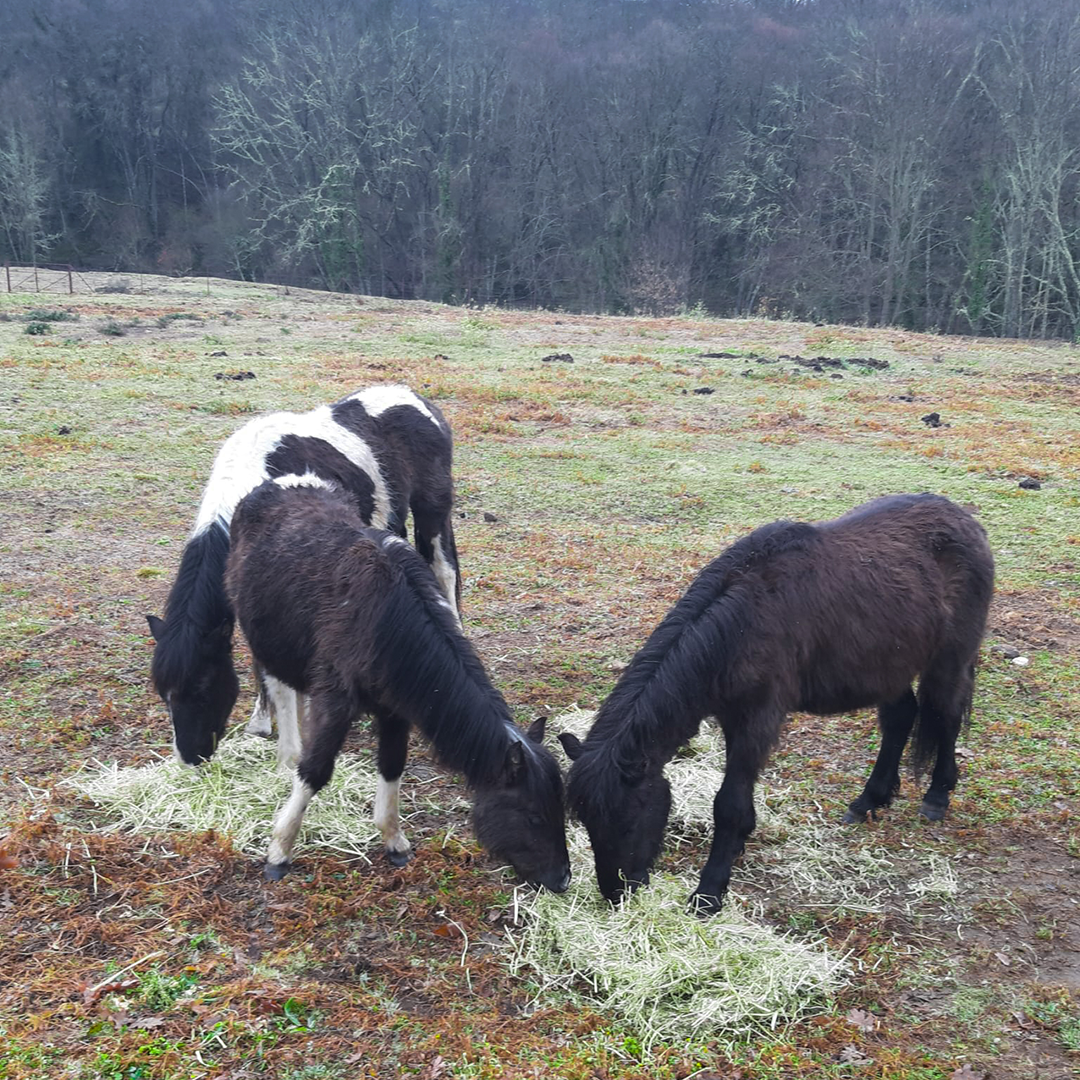
Classic sustainability.
In an era dominated by concerns about environmental sustainability, the automotive industry finds itself at a critical crossroads. On one hand, the push for new, eco-friendly vehicles is gaining momentum. On the other hand, classic cars represent a unique aspect of automotive culture and history. This article aims to explore the sustainable ecologic implications of maintaining classic cars versus purchasing new vehicles.
The carbon footprint of manufacturing
One of the most significant environmental impacts of the automotive industry is the production process. Manufacturing a new car requires vast amounts of energy, raw materials, and resources. This includes the extraction of metals, the production of plastics, and the energy-intensive assembly process. In contrast, maintaining a classic car generally involves far fewer resources, as the vehicle is already in circulation.
Emissions and fuel efficiency
New cars often boast advanced emissions control systems and improved fuel efficiency compared to their older counterparts. This results in reduced greenhouse gas emissions over the lifespan of the vehicle. However, it is important to consider the offsetting impact of producing and disposing of the older vehicle. The creation of a new car carries a significant environmental cost, potentially taking years to recover through reduced emissions.
Preservation of heritage
Classic cars are not merely machines; they are tangible pieces of history and cultural heritage. By preserving and maintaining these vehicles, we contribute to the conservation of automotive design, craftsmanship, and engineering from bygone eras. This can foster a deeper appreciation for the evolution of automotive technology and inspire innovative approaches to sustainable transportation.
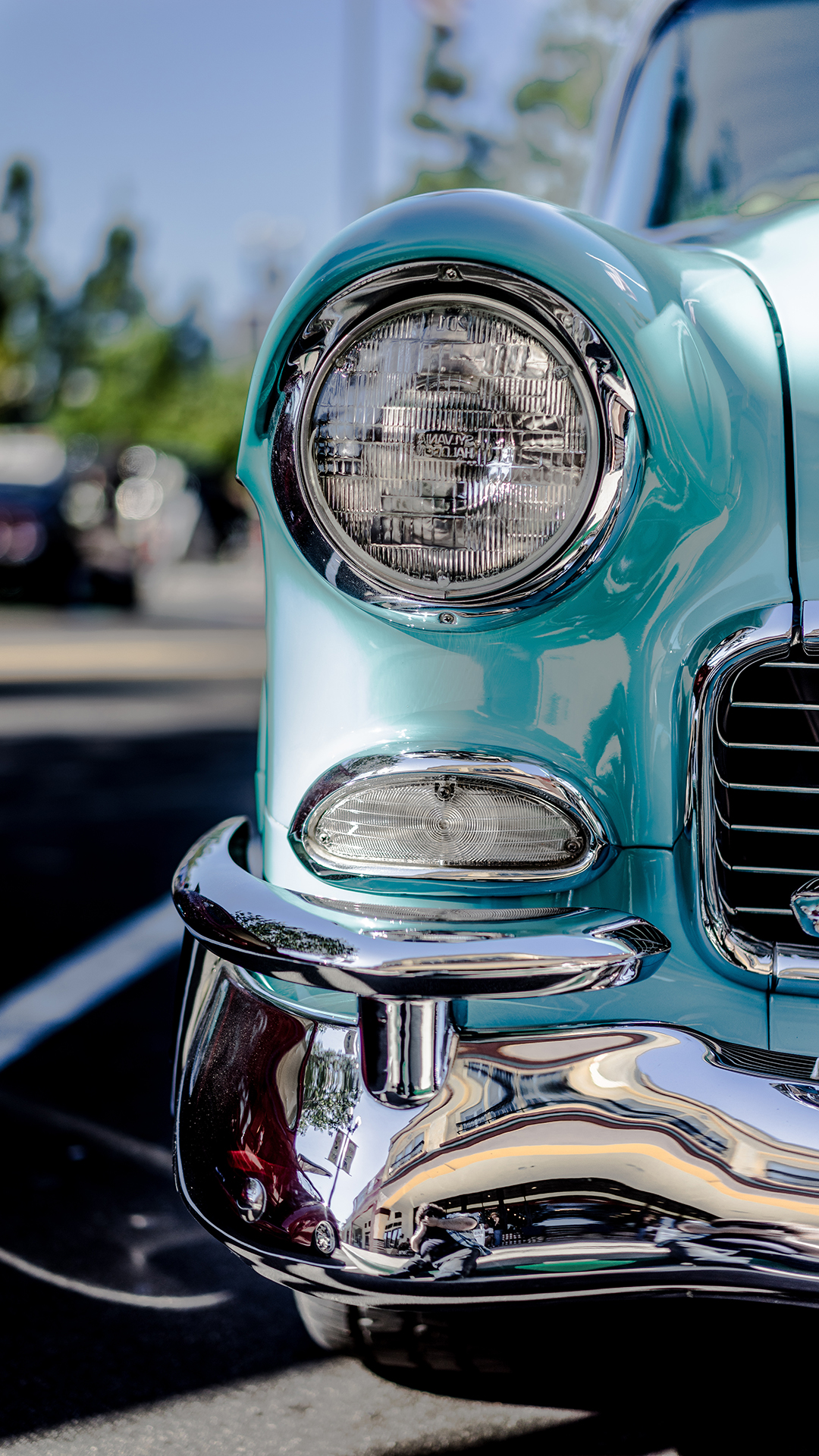
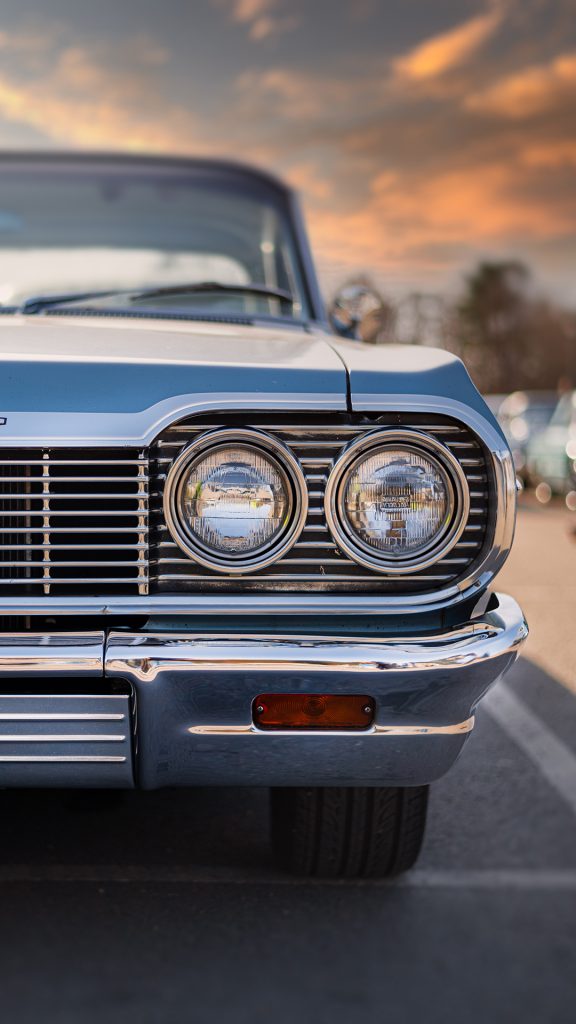
Resource conservation and recycling
The classic car community often places a strong emphasis on restoration, recycling, and repurposing. Parts for vintage cars are meticulously restored or replaced, reducing the demand for new manufacturing.In contrast, modern vehicles can be more challenging to repair due to complex electronic systems and proprietary parts. This encourages a culture of resourcefulness and conservation within the classic car community.
Adaptability and retrofitting
Classic cars have the potential to be retrofitted with modern, eco-friendly technologies. Conversions to electric or hybrid powertrains, for example, can breathe new life into older vehicles. This process not only extends the lifespan of the car but also demonstrates the adaptability and potential for sustainability in classic car ownership.
Conclusion
The debate between maintaining classic cars and purchasing new vehicles is nuanced and multifaceted. While new cars offer advancements in emissions control and fuel efficiency, their production carries a significant environmental cost. Classic cars, with their potential for restoration, retrofitting, and resource conservation, play a unique role in sustainable ecologic practices. Ultimately, the ideal approach lies in striking a balance between these two options. Encouraging responsible manufacturing practices for new vehicles, incentivizing retrofitting technologies, and preserving classic cars can work synergistically to create a more sustainable automotive future. By recognizing the value in both preserving automotive heritage and embracing innovative technologies, we can pave the way for a greener, more ecologically conscious automotive industry.

Embrace luxury with a purpose.
Welcome to our world of luxury, where opulence meets consciousness.
While we celebrate the finer things in life, we also acknowledge our responsibility to protect and preserve the natural wonders that make our planet extraordinary.
In this spotlight, we turn our attention to the magnificent creatures that have been an emblem of grace and power for centuries – horses, now threatened by extinction.



